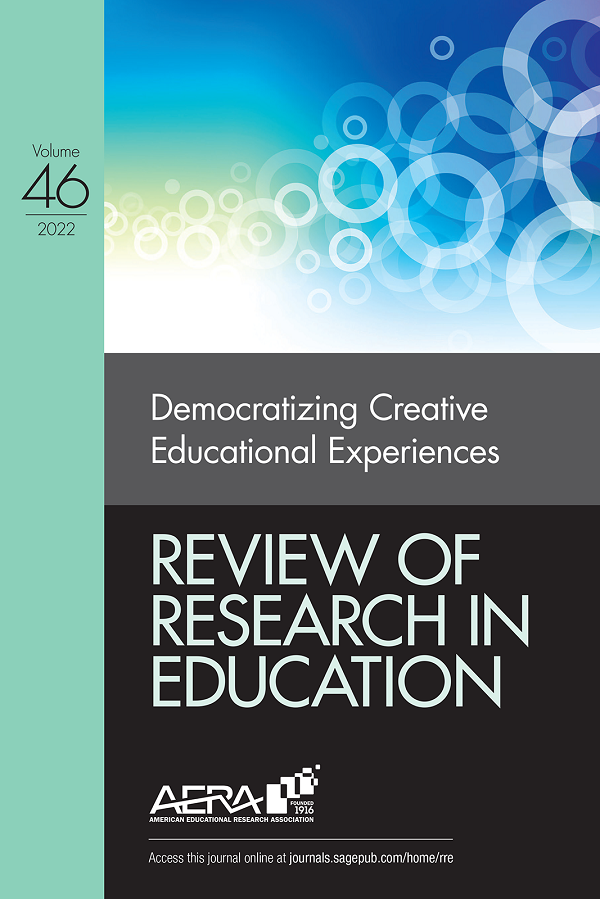改变写作教学方式
IF 2.4
1区 教育学
Q1 EDUCATION & EDUCATIONAL RESEARCH
引用次数: 149
摘要
如果学生要在学校、工作和个人生活中取得成功,他们必须学会写作。这需要他们接受足够的写作练习和指导,因为这种复杂的技能不是自然发展起来的。学校教育的一个基本目标是教学生有效灵活地使用这种多功能工具。世界各地的许多学校都没有实现这一目标,因为过多的学生没有获得在当今社会取得成功所需的写作技能。造成这种情况的一个原因是,许多学生没有得到他们需要或应得的写作指导。本章确定了阻碍良好写作教学的因素,包括教学时间;教师对写作的准备和信念;国家、州、地区和学校政策;以及历史、社会、文化和政治影响。然后,它研究了我们如何解决这些因素,并通过增加相关利益相关者的写作知识,在世界各地更好地改变课堂写作实践,目的是在政策、学校和课堂层面制定和实施写作教学愿景。这包括帮助政治家、学校管理人员、教师和公众获得实现这一目标所需的专业知识的具体建议。本文章由计算机程序翻译,如有差异,请以英文原文为准。
Changing How Writing Is Taught
If students are to be successful in school, at work, and in their personal lives, they must learn to write. This requires that they receive adequate practice and instruction in writing, as this complex skill does not develop naturally. A basic goal of schooling then is to teach students to use this versatile tool effectively and flexibly. Many schools across the world do not achieve this objective, as an inordinate number of students do not acquire the writing skills needed for success in society today. One reason why this is the case is that many students do not receive the writing instruction they need or deserve. This chapter identifies factors that inhibit good writing instruction, including instructional time; teachers’ preparation and beliefs about writing; national, state, district, and school policies; and historical, social, cultural, and political influences. It then examines how we can address these factors and change classroom writing practices for the better across the world by increasing pertinent stakeholders’ knowledge about writing, with the goal of developing and actualizing visions for writing instruction at the policy, school, and classroom levels. This includes specific recommendations for helping politicians, school administrators, teachers, and the public acquire the needed know-how to make this a reality.
求助全文
通过发布文献求助,成功后即可免费获取论文全文。
去求助
来源期刊

Review of Research in Education
EDUCATION & EDUCATIONAL RESEARCH-
CiteScore
15.70
自引率
0.00%
发文量
14
期刊介绍:
Review of Research in Education (RRE), published annually since 1973 (approximately 416 pp./volume year), provides an overview and descriptive analysis of selected topics of relevant research literature through critical and synthesizing essays. Articles are usually solicited for specific RRE issues. There may also be calls for papers. RRE promotes discussion and controversy about research problems in addition to pulling together and summarizing the work in a field.
 求助内容:
求助内容: 应助结果提醒方式:
应助结果提醒方式:


